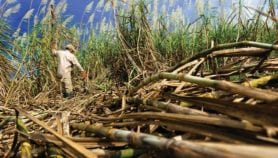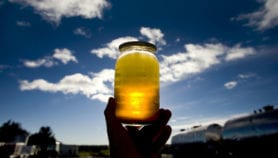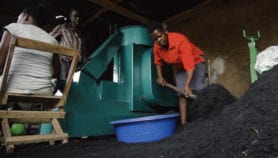Send to a friend
The details you provide on this page will not be used to send unsolicited email, and will not be sold to a 3rd party. See privacy policy.
Jatropha is an attractive source of biofuel because its drought-tolerance and ability to thrive on barren land doesn’t compromise food security.
The scrub weed has been mooted as a candidate for greening barren land, providing self-sufficient energy for rural communities and an income for farmers — all while combating climate change — since the early 2000s in India.
India’s national mission on biofuel — although not yet approved — aims to plant 12 million hectares of jatropha and produce biofuels at the village level.
Many Indian states have hopped aboard the "jatropha express", providing farmers with free seedlings, oil presses and guaranteeing seed buy-back, along with setting up biodiesel processing plants.
But jatropha has never really been domesticated, so yield, optimum growing conditions and its environmental impacts aren’t yet understood.
Most current plantations have yet to reach their full potential and scientists are worried about the government — and farmers — pouring resources into a crop for which yield cannot be guaranteed.
And while Indian and international scientists are working to find the ideal water and soil conditions for jatropha, and cultivate high-yielding progenitor plants, this research is ad-hoc, with no real cohesion.













